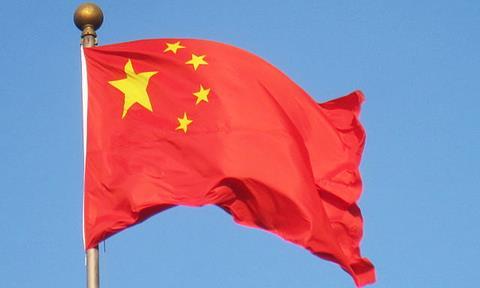
A new report from writers’ organisation and free expression advocate PEN America has accused the Hollywood film industry of “increasingly making decisions about their films…based on an effort to avoid antagonising Chinese officials who control whether their films gain access to the booming Chinese market.”
As a result says the report, titled Made in Hollywood, Censored by Beijing: The US Film Industry and Chinese Government Influence, “appeasing Chinese government investors and gatekeepers has simply become a way of doing business.” And that approach, the document goes on, “is setting a standard for the rest of the world.”
Written by PEN America’s deputy director of free expression research and policy James Tager, and released in the wake of similar criticisms of the Hollywood industry from US politicians, the report claims that, as studios seek access to the Chinese market, “many are making difficult and troubling compromises on free expression: changing the content of films intended for international - including American - audiences; engaging in self-censorship; agreeing to provide a censored version of a movie for screening in China; and in some instances directly inviting Chinese government censors onto their film sets to advise them on how to avoid tripping the censors’ wires.”
The upshot, says the report, is that “Chinese censors are playing a role in determining the content or message of movies that are released worldwide: this represents the risk that only movies that please one of the world’s most censorious regimes find their way to movie screens across the globe.”
PEN America cites examples including the 2012 remake of Red Dawn and Marvel Studios’ Dr Strange. The latter, the report claims, “whitewashed a major Tibetan character for fear of jeopardising the film’s chances in China.”
The report calls on the Hollwyood industry to develop “a set of practices on how to respond to governmental requests to modify and censor content” as well as “broader practices to counteract the more generalized and less explicit pressures that censorious governments can bring to bear.”
It recommends that if major studios make changes to films for the Chinese market they pledge to do so “only for the version of the film made available within mainland China, not for the film’s global release.”
While the Hollywood studios should take the lead, says the report, their trade body, the Motion Picture Association, should also take action to implement the recommendations.
PEN America has a membership of 7,200 novelists, journalists, nonfiction writers, editors, poets, essayists, playwrights, publishers, translators, agents and other writing professionals.























1 Readers' comment